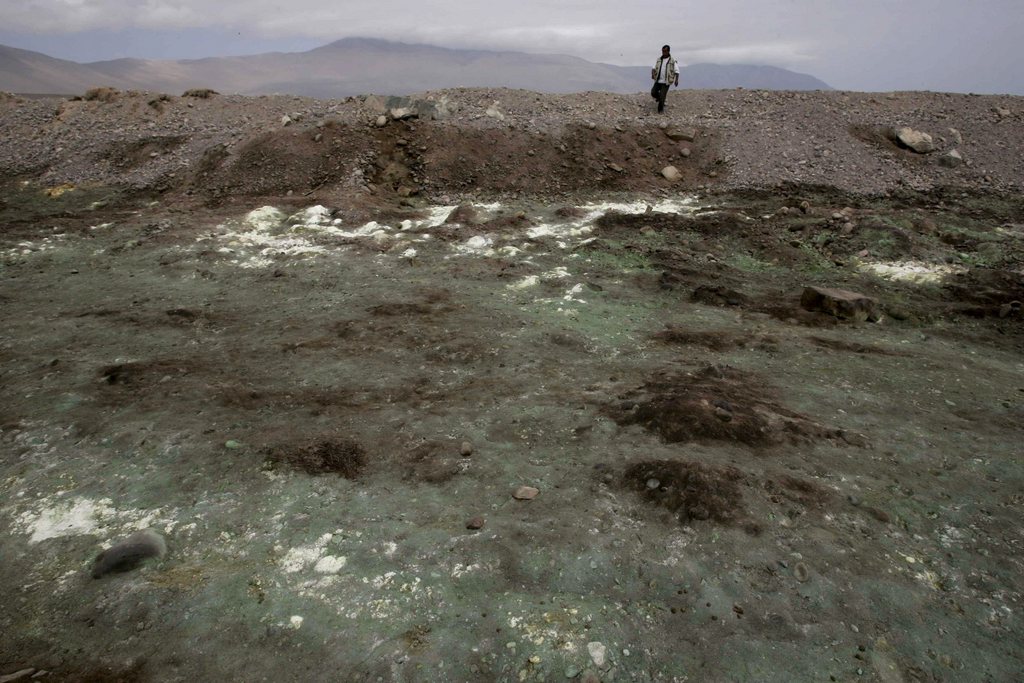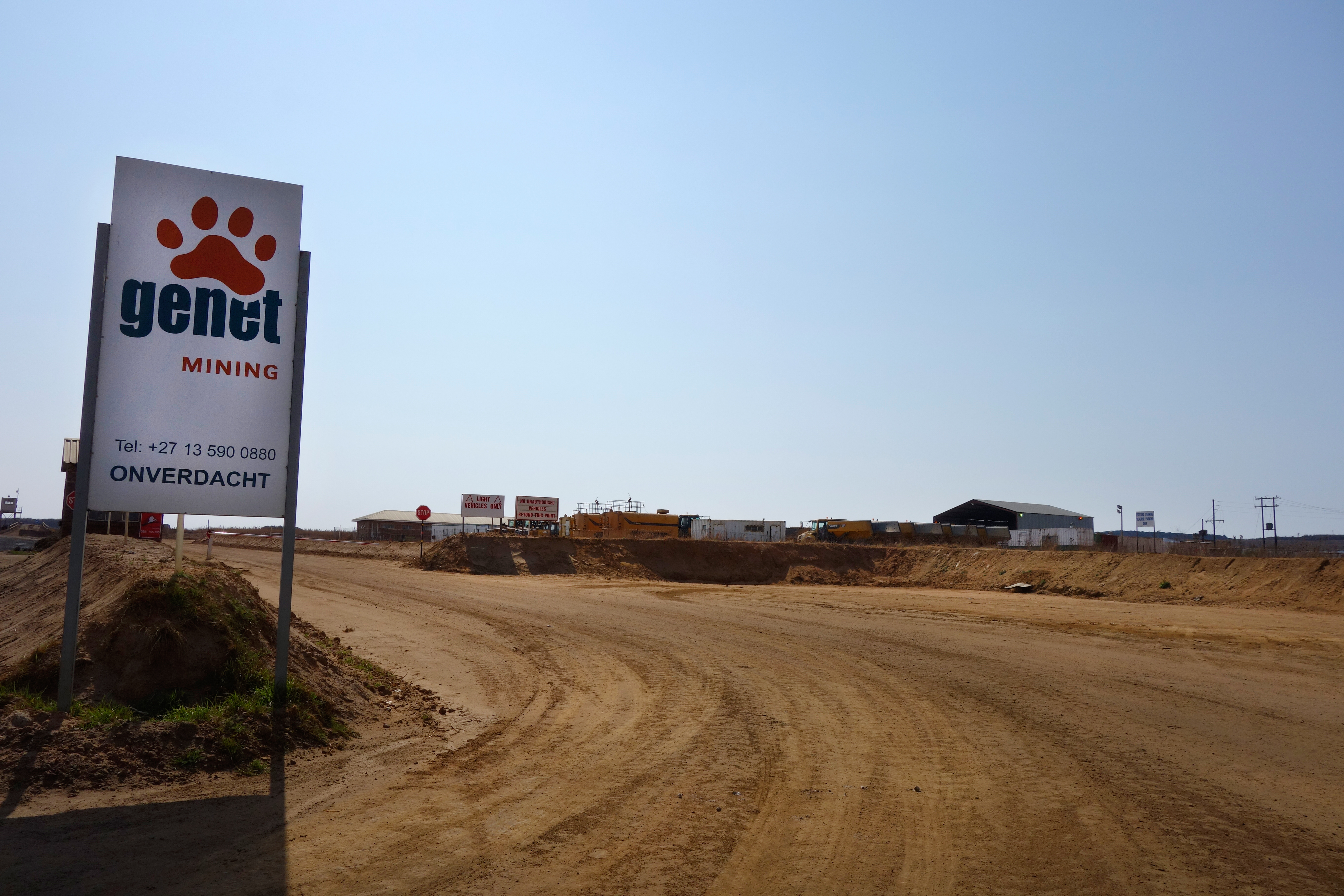Researchers call for better mining practices

In developing countries, raw materials could be mined in such a way that more people would benefit and fewer would suffer, according to the Swiss-based Commission for Research Partnerships with Developing Countries.
Research groups from around the world presented their findings in Bern on Wednesday at a meeting of the commission, which is a platform of the Swiss Academy of SciencesExternal link.
The resource sector generates an annual worldwide gross domestic product of around $3.5 trillion (CHF3.2 trillion) – or about 5% of the global gross national product, according to Philippe Le Billon of the University of British Columbia in Canada. As Lorenz Kummer of Swissaid pointed out, sub-Saharan African countries earned more than $250 billion in oil sales between 2011 and 2013.
The numbers indicate great potential for socio-economic development in the countries where resources are mined. At the same time, negative effects on the environment need to be minimised, say researchers, pointing out that illegal mining activities have the worst impact. Carole Baudin of the Neuchâtel University of Applied Sciences said that in areas where gold is mined, local education measures could make a big difference.
Focussing on the whole extraction cycle, the Swiss Tropical and Public Health Institute at the University of Basel has developed methods of assessing the impact on people’s health.
Peru’s former environment minister, Ricardo Giesecke, said that strengthening social and state structures was essential in order to improve mining methods. As he also pointed out, responsible mining required people on the ground to help enforce legal requirements and limit corruption. Markus
Nöthiger of the Zug Commodity Association also highlighted the need for including local stakeholders and researchers.
Switzerland, home to the headquarters of many globally active commodities firms, could do a lot to improve the situation, said commission president Laurent Goetschel. For example, it could enforce regulations and support the commission’s research.
Established 20 years ago, the Commission for Research Partnerships with Developing CountriesExternal link includes members from more than 50 institutes from around Switzerland.

In compliance with the JTI standards
More: SWI swissinfo.ch certified by the Journalism Trust Initiative












You can find an overview of ongoing debates with our journalists here . Please join us!
If you want to start a conversation about a topic raised in this article or want to report factual errors, email us at english@swissinfo.ch.